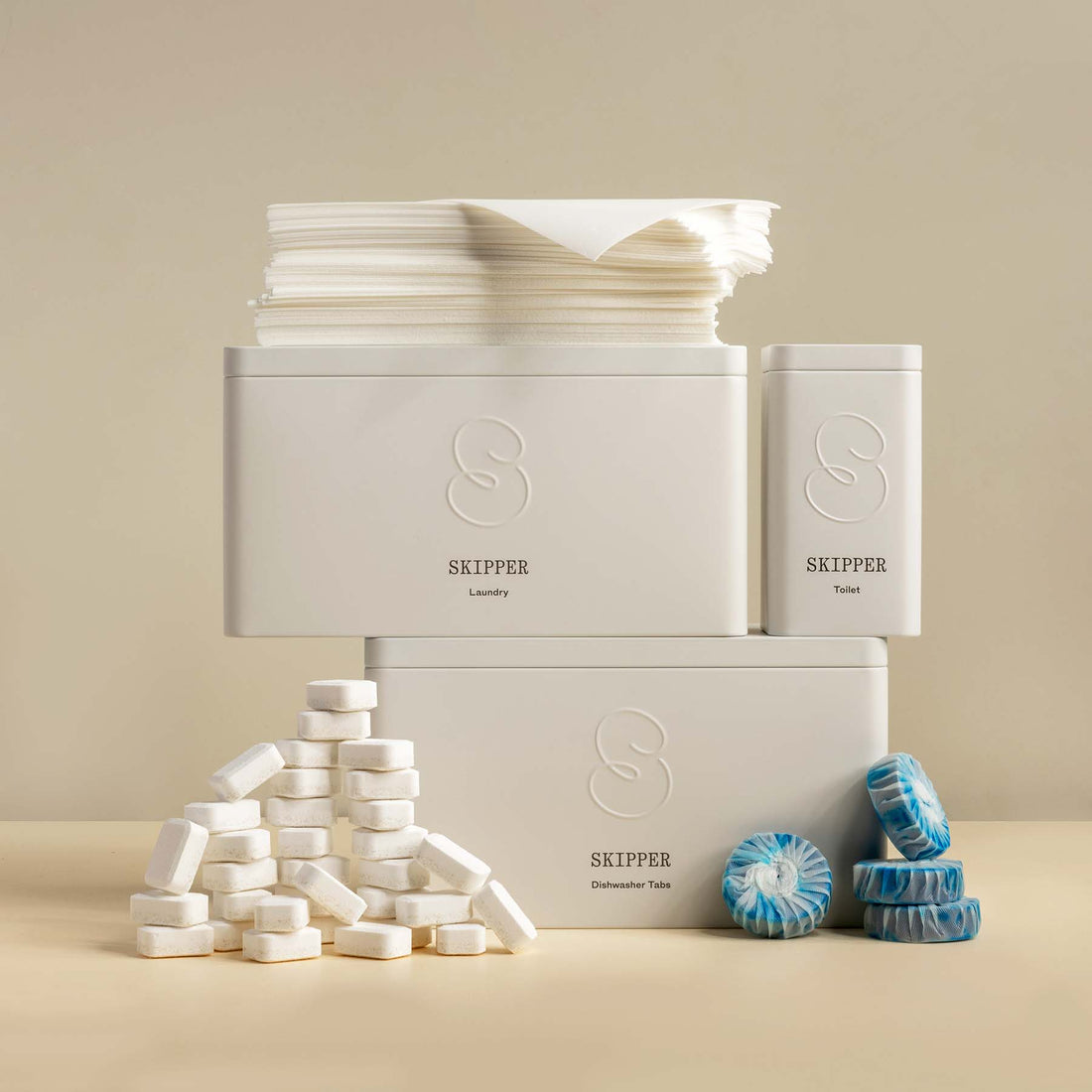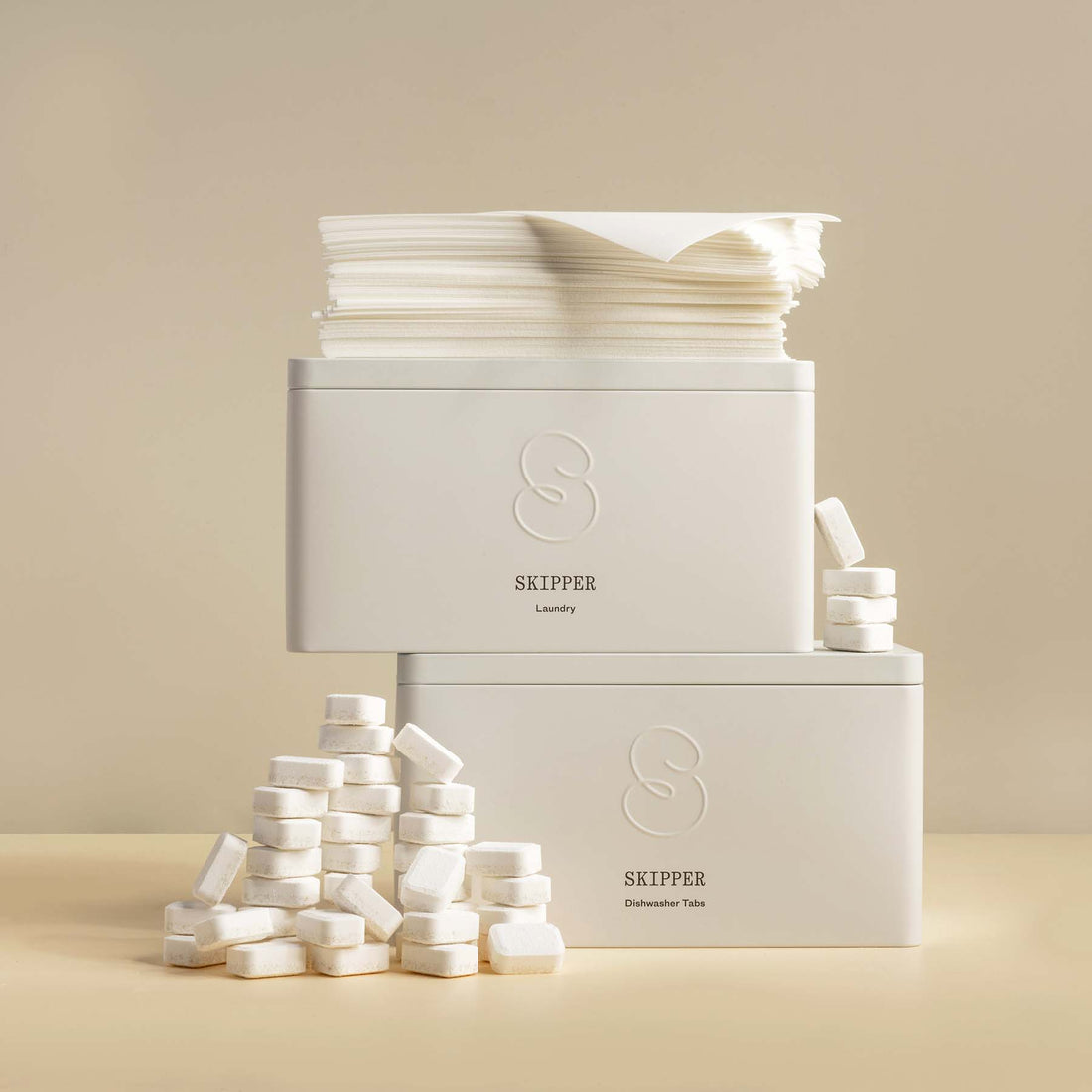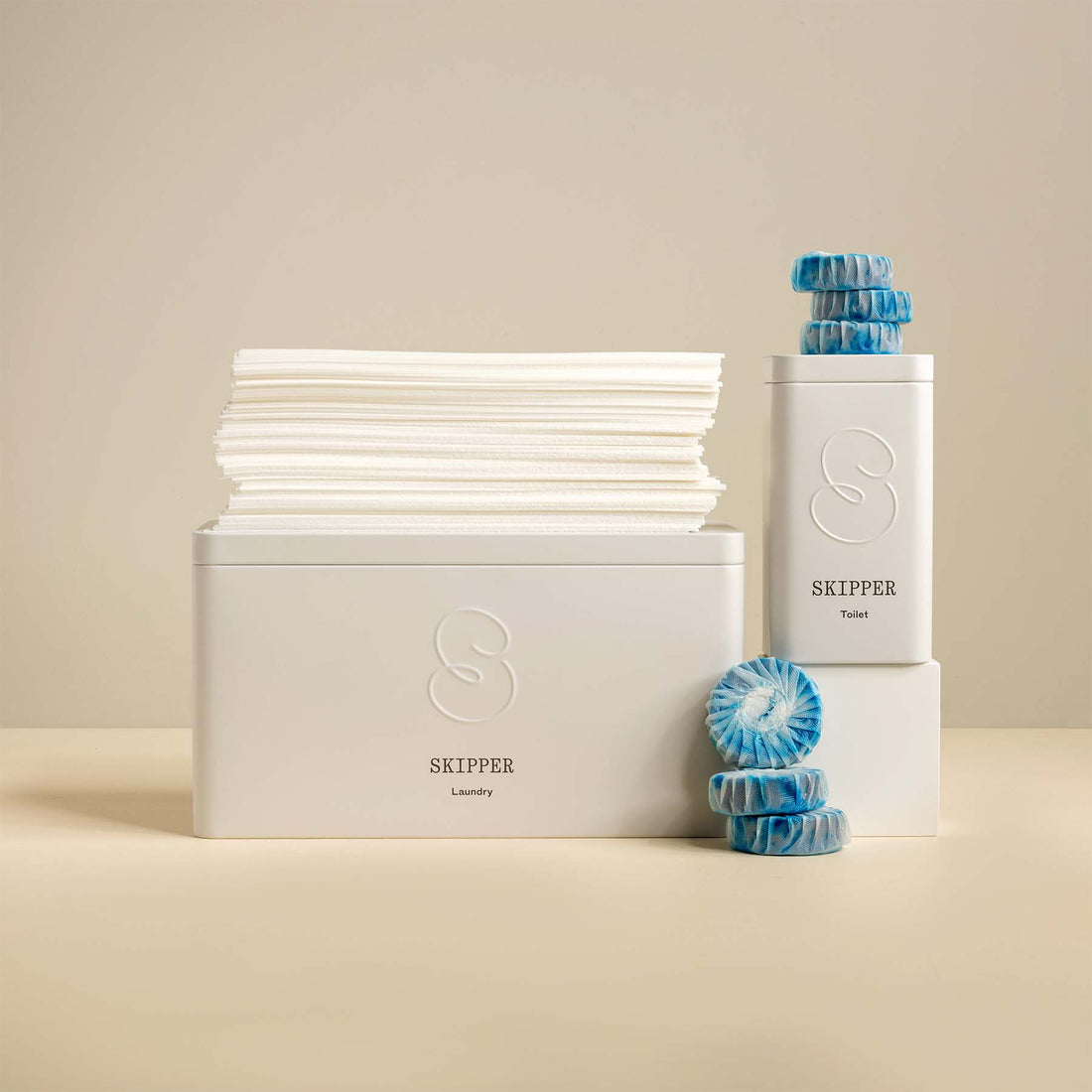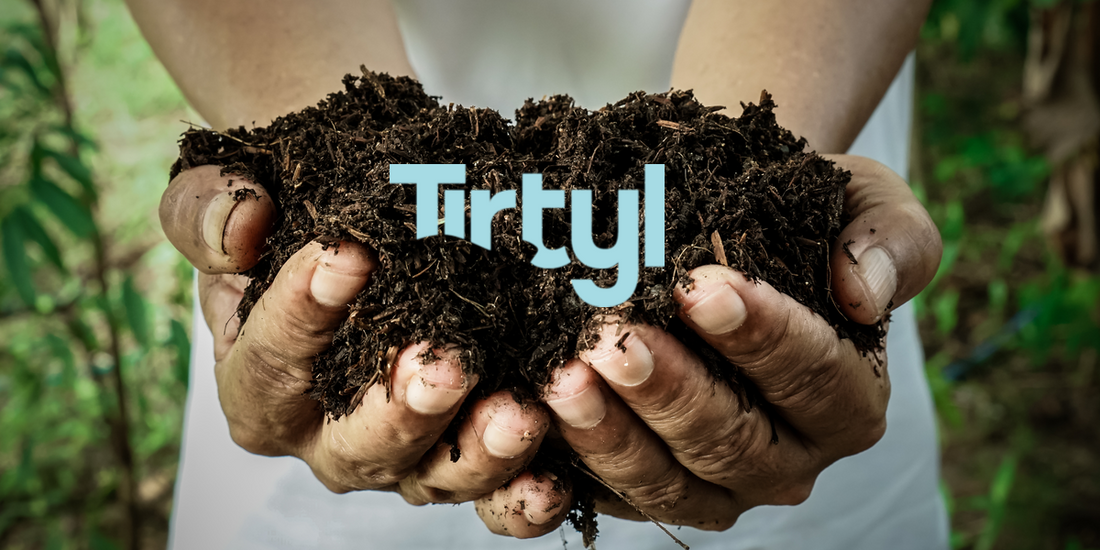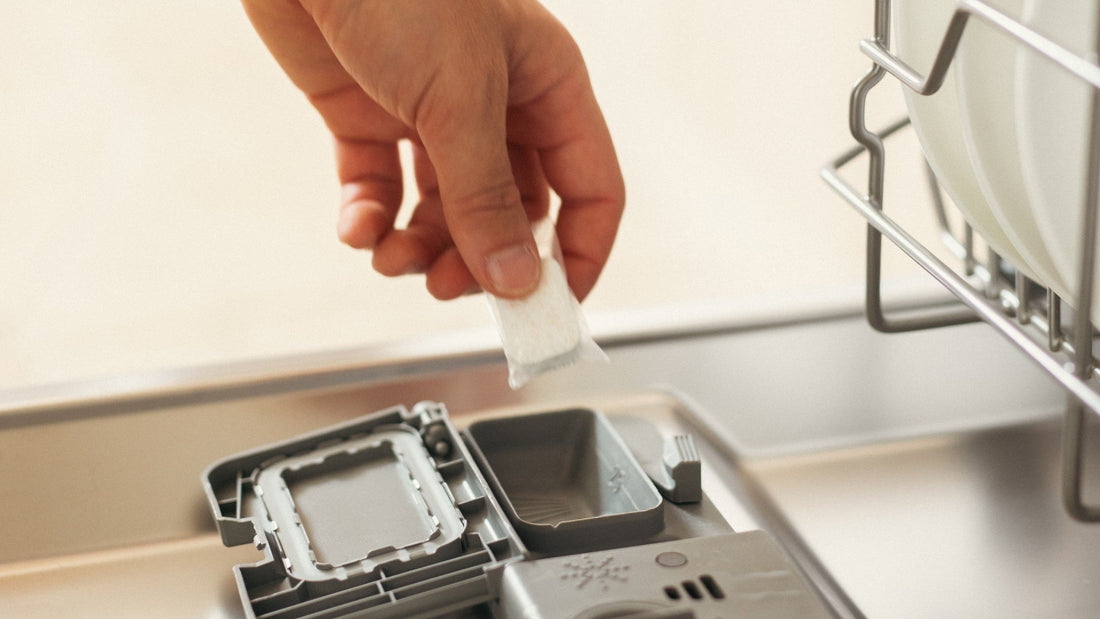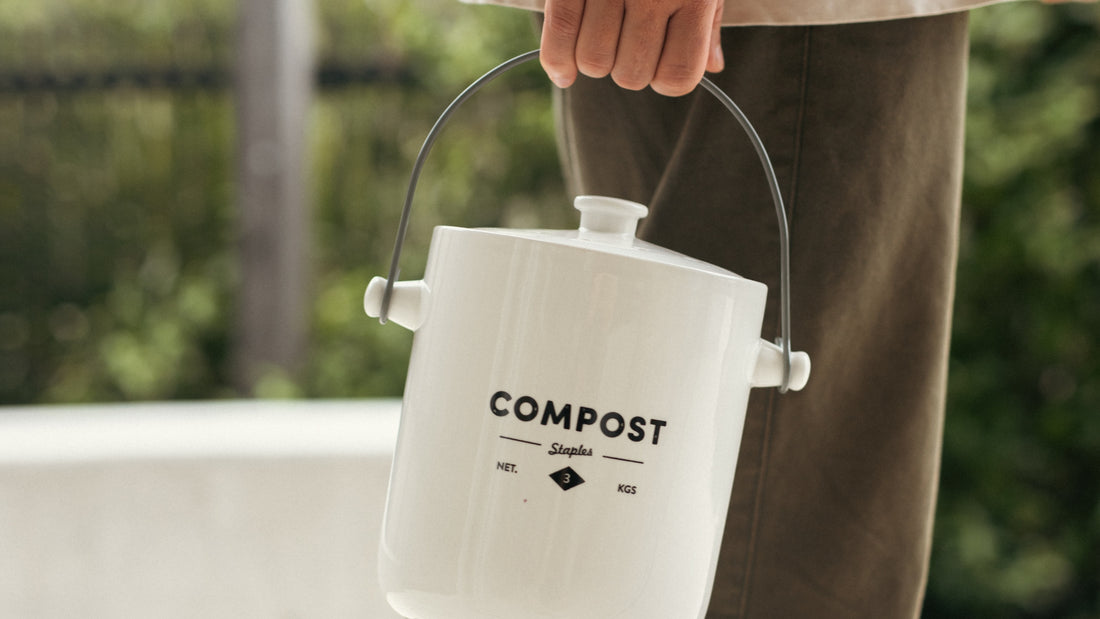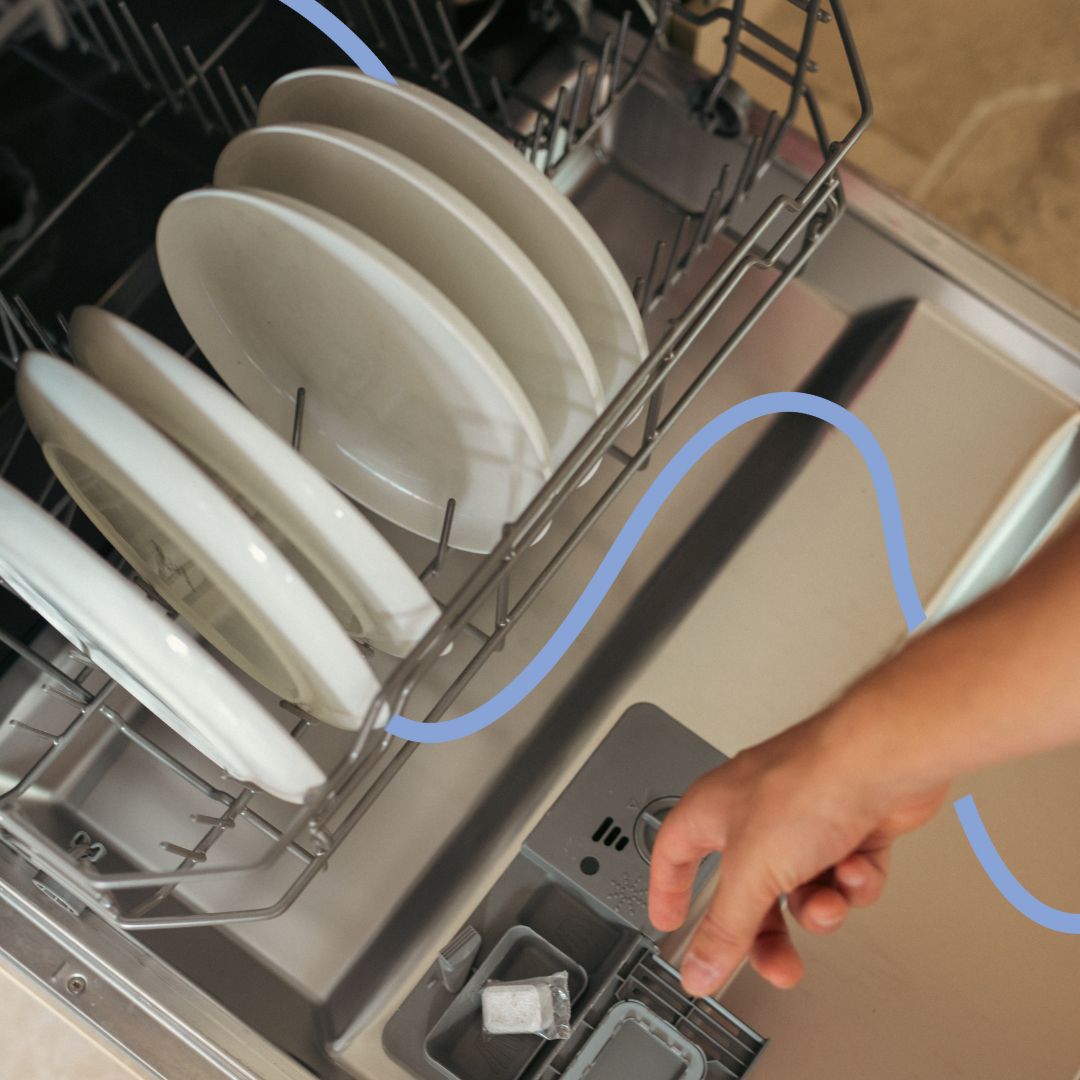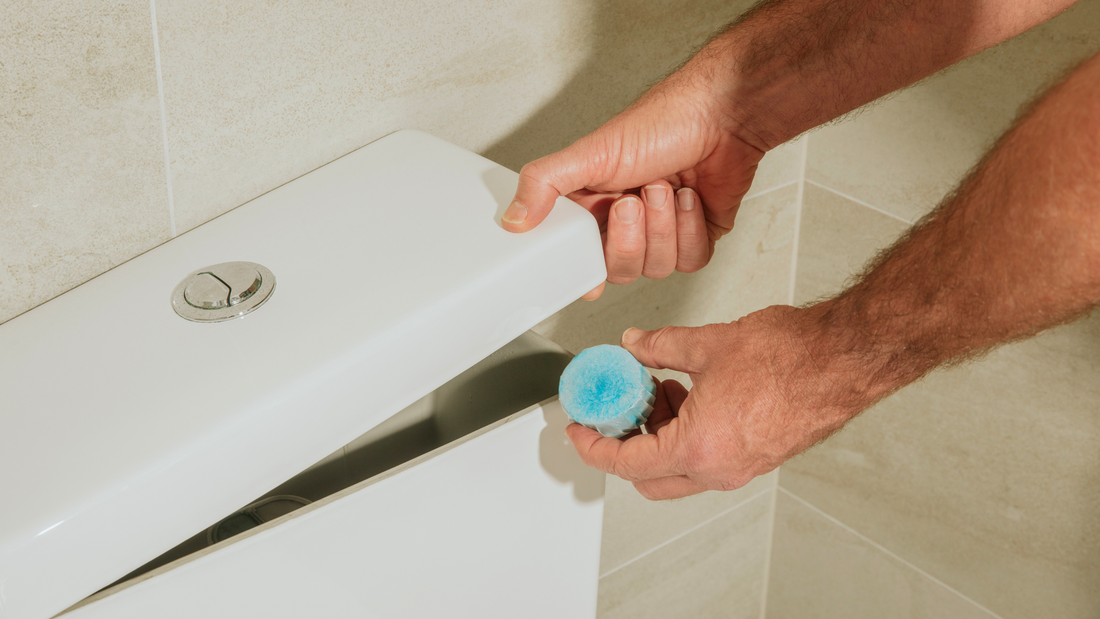Composting is the process of recycling organic materials in a compost pile where they break down into a rich fertiliser that enriches the soil. This soil is known as ‘black gold’ amongst farmers and can be used for gardening, horticulture and agriculture. A wide range of food can be composted, including fruit, vegetables, bread, cereal, pasta, coffee, herbs, nuts and eggshells, as well as plant cuttings, leaves and paper.
Starting a compost heap is easy, and all you really need is a large tub or compost bin and to know what to compost. Compost bins consist of nitrogen-rich green and dry brown materials. You need a mix of the two to get the best compost, with the green materials adding moisture and core nutrients while the brown matter stops it from getting too soggy and adds carbon. Need some examples of things to include?
Green materials: Fruit and vegetable scraps, tea, coffee grounds, eggshells, grass clippings, plant cuttings, old flowers and weeds. While you can, in theory, add things like meat or fish, they decompose very slowly, often let off a smell and can attract pests (like flies and rodents). Stick with the green stuff!
Brown materials: Straw, paper, cardboard, dry leaves and sawdust.
Composting Basics
When you start out with a compost bin, it’ll take a little while for things to break down. It’s also important to keep a balance of green and brown materials for the best results. Too much green material and you’ll get very soggy results, while too much straw or cardboard won’t break down as quickly and lacks the nutrients you want for your garden.
An ideal balance to aim for is around six parts brown material to two parts green. You can also include old soil from plant pots that’s dried out or lacking nutrients as a part of your brown compost quota. From there, give it a mix once every month or two. This helps to aerate everything, encouraging it to break down evenly and giving it the oxygen it needs for the microbes in the soil to do their thing!
Benefits of Composting for the Environment
Creates Nutrient-Rich Soil
Compost is beneficial to the overall health of soil and is a common soil amendment that is used by both farmers and gardeners. Soil naturally degrades over time, a process that happens as plants draw the nutritional content out to grow. However, soil degradation is a real concern and has been accelerated by the way we farm, especially when it comes to things like monoculture (where you grow just one type of crop in the same patch of land). Nature needs variety - both in the kind of plants we grow and how we make our compost!
Compost can be used for protection against plant diseases and for treating nutrient deficiencies. It improves the structure of the soil by balancing PH levels and adding important nutrients, as well as encouraging the growth of microorganisms, insects and earthworms.
Plants would not be able to access the nutrients they need without the compost breaking the nutrients down and increasing the surface area of plant roots. In the same way that cooking our meals makes it easier for us to digest, allowing your household veggie waste to break down in a compost bin makes it easier for your plants to utilise as food. When mixed with soil, compost holds water where the roots need it most.
Compost also minimises erosion by water and wind by holding onto moisture in the soil and encouraging healthy root growth.
Revitalises and Filters Local Water Sources
Compost can hold 5-20 times its own weight in water, which means adding compost to the soil increases the amount of water that is able to soak into the soil and reach the impervious rock layer. This not only helps plants, but it also benefits local water sources like springs, ponds and lakes.
After moving through compost, soil and rock layers, the water is able to be filtered by the time it reaches these local water sources.
Cleaner Oceans
Compost’s ability to filter water means that the water flowing into the ocean will be cleaner. Compost decreases the water run-off from fertilisers and other harsh chemicals used in farming. Equally, if you have a greywater septic system that feeds out into your garden, it’ll filter away anything you’ve used in your home. We recommend opting for more gentle household cleaning products, from your laundry detergent to the dishwasher tablets you use, that are kind to you and the environment, like the ones you’ll find here at Skipper!
Composting also diverts food waste from the landfill where it would normally decompose inside a plastic bag, creating methane. In this situation, the ocean absorbs most of the excess heat from the greenhouse gases released into the atmosphere, which leads to rising ocean temperatures and is a constant threat to marine species.
Reduces Erosion
The world has unfortunately lost around one-third of the earth’s farmable land over the past 45 years as a result of erosion and pollution.
The biggest cause of erosion is excess water. When there is too much water that is unable to soak into the ground, water swells up on the surface and rushes down to lower elevations, picking up the topsoil with it and causing erosion in the process.
Good quality soil, the kind that can support plant life, is important in preventing erosion and, in turn, can act as a sponge during heavy rain rather than getting washed away. Having a combination of good quality soil and healthy plant life (the deeper the roots, the better!) can prevent a whole lot of this action from happening.
Reduces Greenhouse Gas (GHG)
Most food and yard waste is sent to landfills, where it rots and releases methane and carbon dioxide. Redirecting compostable waste away from the landfills and back into the soil decreases the methane and carbon dioxide levels in your local community and minimises the threat of climate change. When your veggie scraps are able to break down aerobically (that means “with oxygen”), they’ll decompose and won’t release the same kind of harmful gasses. As a bonus, you’ll also get some wonderful compost to use on your garden at the end of it!
Takes Carbon from the Atmosphere and Puts it Back into the Ground
Compost plays host to a variety of friendly beneficial microbes, which helps plants absorb nutrients. To keep the microbes around, plant roots will release carbohydrates from their roots to attract and feed the microbes underground by taking CO2 from the air and water from their roots and, through photosynthesis, turning it into carbohydrates.
These sugars and the microbes create humus (a part of the soil that retains soil-structure, nutrients and moisture) and is also the component of the soil that is largely responsible for keeping the recently-stored carbon beneath the soil.
Reduces Need for Harsh Chemicals
Spreading compost on crops minimises the need for chemical fertilisers. Compost provides the basic nutrients supplied by fertilisers like nitrogen, potassium and phosphorus and also provides a wide range of trace minerals and other nutrients that aren’t available in normal chemical fertilisers. These can include things like calcium (from eggshells) and iron (from any veggies that are rich in iron, like spinach).
Using less chemical fertilisers reduces environmental issues, including water pollution, where nitrogen from the fertilisers causes algae blooms to form in water, damaging the coastal ecosystem. Chemical fertilisers also get into groundwater and contaminate drinking water wells.
Habitat Restoration
Revitalising the soil with compost plays an important role in ecological restoration. By using compost to balance soil PH, encourage the population growth of microorganisms and improve the ability of soil to hold and supply nutrients, soil can be optimised to help species flourish.
Compost can be especially helpful for wetland restoration since the composition of compost is similar to that of wetland soil. Everything starts with the soil - healthier soil makes for healthier and more diverse plant life, which contributes to supporting the local fauna (like insects and animals).
Habitat restoration can be successful if conditions that are suitable to grow and attract desired species are introduced, and by creating a more nutrient-rich and diverse habitat that requires less work to maintain.
Reduces Production, Transportation and Processing Emissions
Production, processing and transportation machinery all emit greenhouse gases. By composting, people can reduce the need for the commercial production and transit of fertilisers and pesticides. Composting can also reduce the need for trash and green waste processing at commercial facilities.
When you have a compost bin at home, you can put almost anything in there. Whether it’s simply the scraps you have from making dinner or vegetable plants that have reached the end of their lifecycle, you can chop them up and put them in your bin. There are even compost accelerators you can use, which contribute the good microbes needed to break things down quickly!
Helps the Agriculture, Landscaping and Horticulture Industries
Composting helps reduce the amount of waste going to the landfill and can improve the agricultural, landscaping and horticulture industries by producing nutrient-rich plant food. Composting results in a higher yield of agricultural crops.
Composting is a crucial element of zero-waste programs and the sustainability movement. It is becoming more prevalent in home gardens as people are becoming more environmentally aware and worried about the effect of waste on the environment. Even when you consider how many plastic bags of soil and compost are sold at home improvement stores, sourcing your own compost helps to save you money and reduce the amount of plastic waste you have.
At Skipper, we’re proud to announce that our hand soap tablet wrappers are plastic-free, TUV-certified and home-compostable - making them one of the first of their kind. They’re made from sustainably sourced kraft paper and a special type of polylactic acid (PLA), which has similar water-resistant properties as plastic but is made from materials like sugarcane and corn.
Our soap wrappers will fully decompose within 12-24 months in a typical home composting environment and as quickly as 6 months under ideal conditions.





















